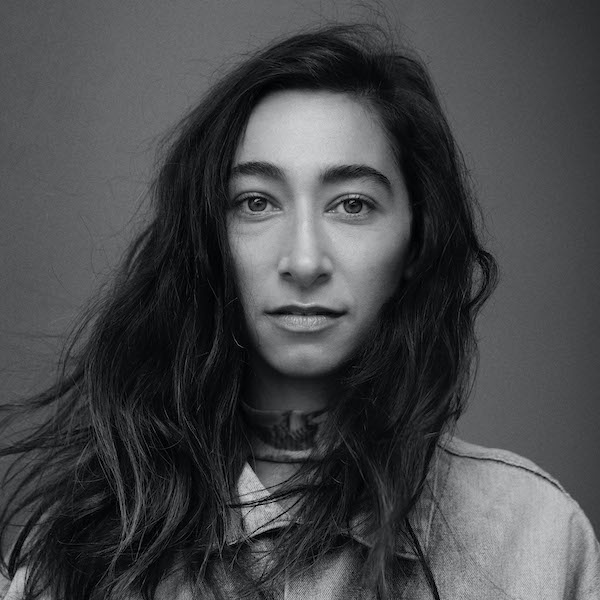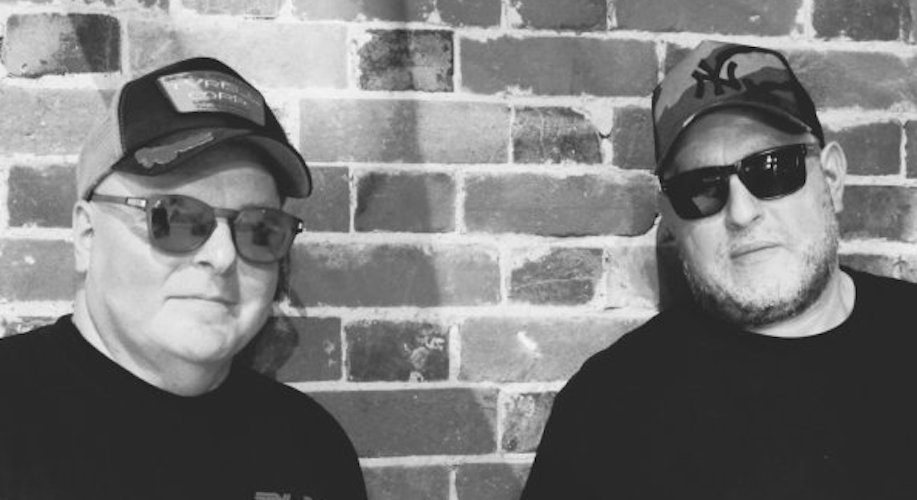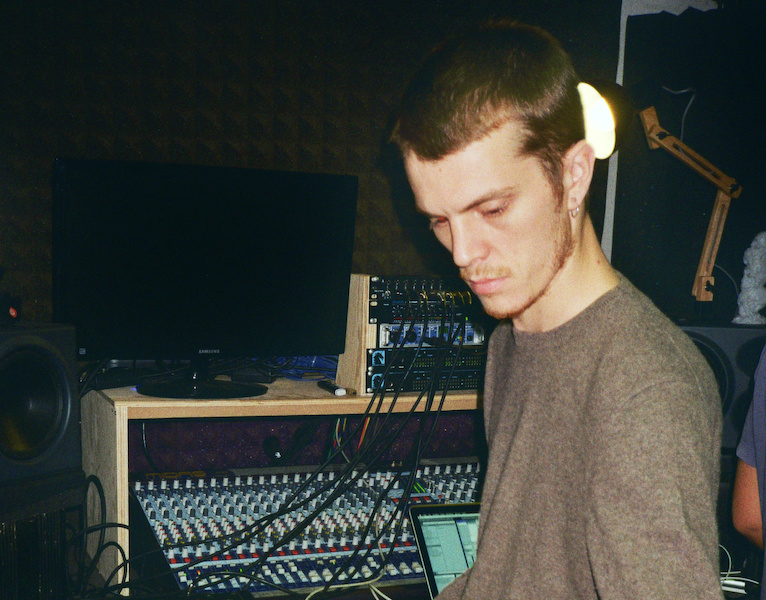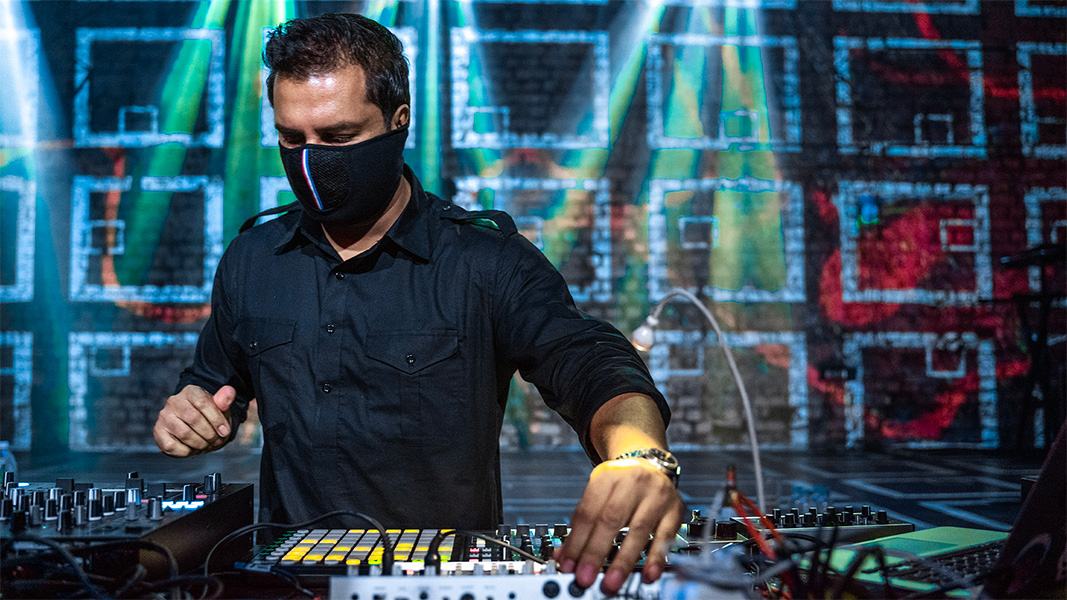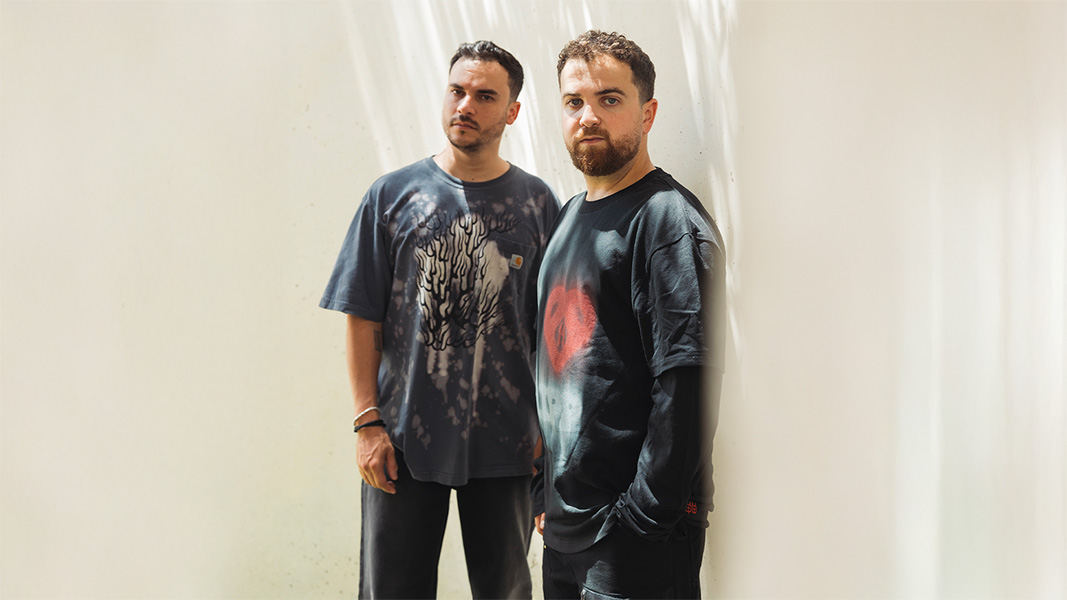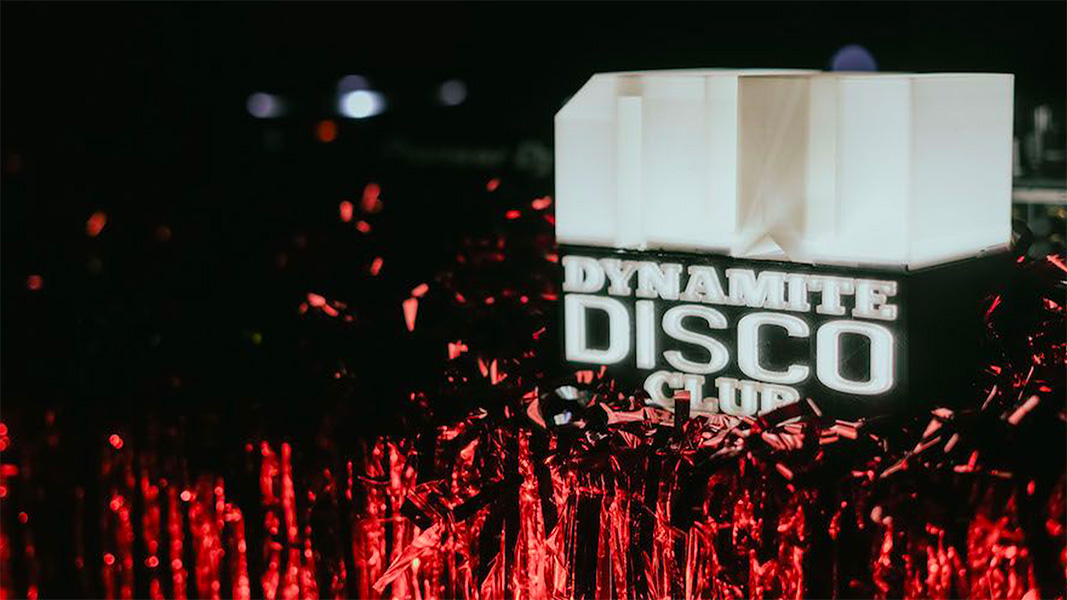28-year-old Berlin composer and pianist Meredi has missed clubbing during the last year (and haven’t all of us?!) Inspired by the longing and collective yearning of her city’s famed nightclub scene, she has composed her new album “Trance”, translating some of those feelings into her own words – that is, the black and white keys on her piano. Despite Meredi’s classical background, the composer brings musical elements most likely found in techno and house music to this album. Piano melodies wrapped in build-ups and tension, rhythmic patterns and repetitions that offer listeners an escape from reality into a semi-conscious state of being, and an overwhelming sense of getting lost in the music. We caught up with Meredi about what trance means to her, Berlin club culture, and what’s up next for her.
WWD: Hello Meredi, can you tell us more about your background in music? When did you start to produce and what is about music and sound that drew you to it?
Music was always there. It’s always been a part of my life and it’s akin to “drinking water” to me. It’s like a fluffy cloud that always hovers over me and I can lie down in it whenever I want. It was my safe space and private island growing up. I got addicted to creating music and spent my whole life training to be able to reproduce the music I hear in my head into reality. It is my way to communicate.
I have composed since I can remember and started writing down my pieces since I was 8. Then, I started producing music when I was 21. Since then I have been fascinated by creating my own unique sound.
For me, the silence at the end of a good musical trip hurts. In my mind, there is always music playing. It’s like the ground you’re walking on. Normally you don’t really notice it, but once it disappears, you understand that it was always there. And then you fall.
WWD: Your album is referring a lot to club contexts, even though you have a classical music background. How come you’re so heavily influenced by club culture?
Growing up in Berlin I was confronted with the techno culture a lot and I have always loved raves. I became fascinated by the energy of these places. There is such a huge amount of longing in the air. That kind of tension inspired me to want to recreate that same feeling but in my own words. Music is supposed to be an escape from reality. It is a safe place where you can forget about everything and allow yourself to simply fall. This escape is something that triggers me musically for a long time.
You can find the same escape and intense emotions in classical music. For me, lots of songs share the same feelings of longing and getting into some sort of trance that you feel in a club context.
WWD: How does it translate to your music? Is your compositional style inspired by electronic music? (Could you perhaps explain referencing one of your pieces?)
In my album, Trance, I work with a few of the elements that techno music has such as minimalism, repetition, the drop after a long tensional build-up… I also build on similar intense emotions and play with our sense of time, which makes you lose control and gives you the feeling of letting go.
The song ‘Trance’ for example has a minimal pattern that’s repeating itself, changing slightly from time to time. In this piece, I am playing with our sense of time. In „Watching You“ I am processing intense emotions and a huge longing and working with a long tensional build-up that finally drops after about 9 minutes.
WWD: ‘Trance’ is your album title. What do you associate with it?
Trance is an escape from reality. It is a melodic trip. It is about letting yourself fall and becoming one with your surroundings. The songs in between create the ambiance of being somewhere else in your mind and longing for something that’s not there. I also connect this sense of longing with my Armenian heritage, as I believe all Armenians carry this collective yearning for a home. We put ourselves into a trance. Physically we are here, but mentally we are somewhere else. I composed the songs during the lockdown months in Berlin. I sometimes forgot to eat and drink and, like many others, I felt lonely throughout the course of the pandemic. I processed this desire to escape current reality and enter a state that leads me elsewhere.
WWD: Who / what are your biggest influences?
My biggest influences and inspirations are the feeling of longing, freedom, the ocean, rain, sadness, techno, Arvo Pärt, Steve Reich, Johann Johansson, Max Richter, Rachmaninow, Armenian music, flying.
WWD: And what’s coming next? What are your plans for the future?
Composing lots of new songs. I want to develop new classical music and also combine it with electronic music. I also would like to change my surroundings for the next album. Perhaps to live abroad for some time and be inspired by another form of longing. If COVID-19 restrictions permit, I would love to go on tour too.

